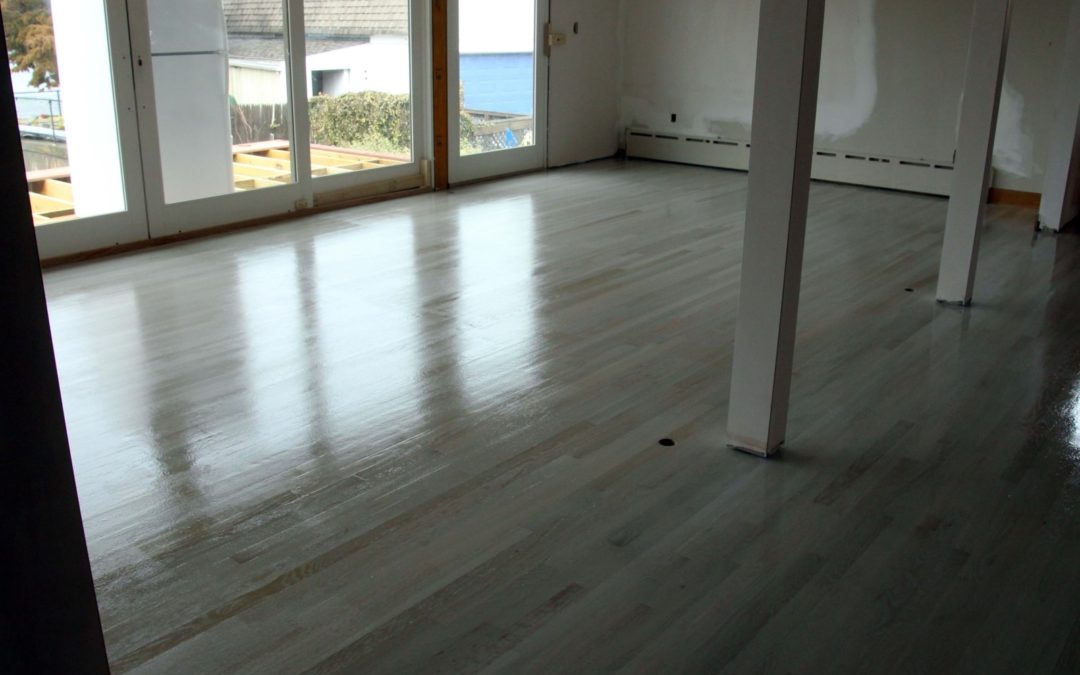Humidity And Its Effects On Your Wood Floors
Humidity is the amount of water vapor within a given space. The warmer the air, the more moisture it can hold. Air in a home heated to 72 degrees can hold about 8 grains of moisture per cubic foot. That’s 100% relative humidity. If there are only 2 grains per cubic foot in the home, this is ¼ of the air’s capacity to hold moisture. Therefore, the relative humidity is also ¼, or 25 %.
What is the Humidity Effect?
The addition or reduction of moisture drastically affects the qualities, the dimensions and the weight of hygroscopic materials.
Wood, leather, paper, cloth, although they feel dry to the touch, contain water. Not a fixed amount of water but an amount that will vary greatly with the relative humidity level of the surrounding air.
Wood is a hygroscopic material. When exposed to air it will dry or pick up moisture until it is in equilibrium with the humidity and temperature of the air. Moisture absorption causes wood to swell. Moisture loss causes the wood to shrink.
Wood does not shrink or swell equally in all directions. Wood changes approximately: 0.1% along the grain and 2% to 8% across the grain.
Summer Time and Your Hardwood Floors
During warm and humid summers when indoor humidity can rise up to 90% wood absorbs moisture from the air and expands as a result. This high humidity can cause wood flooring to swell or expand and sometimes cup. Cupping is when the edges of the floor boards are higher than its center which is usually seen with water damage. Typically with time, the hardwood will restore its internal moisture and flatten out.
Humidity in the air will cause other woods in your home to swell. You may notice a door that just doesn’t shut that well anymore or a squeak or creak in the floor that has disappeared.
The best way to avoid the humidity effects on your hardwood floors is to maintain optimal humidity levels. The best way to keep the humidity in your home at an ideal level during the summer months is to keep the air conditioner or dehumidifier running.
Winter Time
The dry winter months can cause changes to your hardwood floors. In the winter months the floors gives up some of its moisture and boards will separate and may become looser therefore creating squeaks. You may notice gaps in your floor boards. This is a normal occurrence.
Remember that bathroom or bedroom door that took muscle to close in the summer? In the winter months the door may close with ease. Remember it is not just our floors that are effected by the relative humidity.
What can you do to reduce these changes to your floors?
Dehumidifiers in the summer months help to remove moisture from the air just as humidifiers in the winter months add moisture back into the air. These methods help to keep the balance of moisture in the air.


